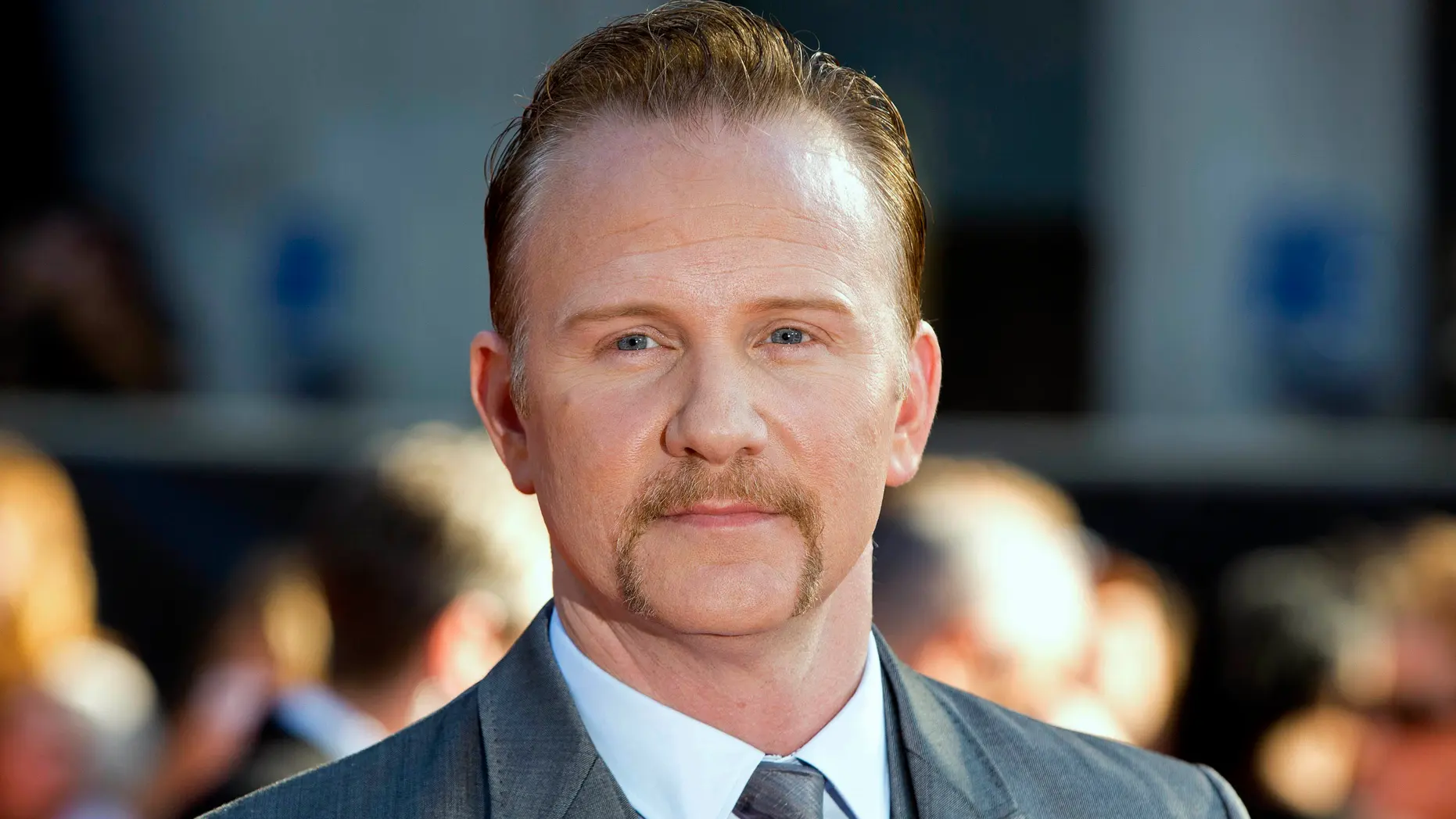Cancer Treatment and Recovery: Morgan Spurlock What Cancer

Spurlock underwent surgery to remove the tumor, followed by chemotherapy and radiation therapy. He chose this course of treatment after consulting with his doctors and weighing the risks and benefits of each option.
The surgery was successful in removing the tumor, but Spurlock experienced some complications during chemotherapy. He lost his hair, suffered from nausea and fatigue, and had difficulty concentrating. He also experienced some emotional challenges during treatment, such as anxiety and depression.
Despite the challenges, Spurlock completed his treatment and is now in remission. He has been cancer-free for several years and is grateful for the support of his family and friends during his journey.
Surgery
The surgery to remove Spurlock’s tumor was a success. The tumor was completely removed, and there were no complications.
Chemotherapy
Spurlock underwent chemotherapy for six months after surgery. Chemotherapy is a type of drug treatment that uses chemicals to kill cancer cells. Spurlock experienced some side effects from chemotherapy, such as hair loss, nausea, fatigue, and difficulty concentrating.
Radiation Therapy
Spurlock underwent radiation therapy for five weeks after chemotherapy. Radiation therapy is a type of treatment that uses high-energy beams to kill cancer cells. Spurlock experienced some side effects from radiation therapy, such as skin irritation and fatigue.
Physical and Emotional Challenges
Spurlock faced several physical and emotional challenges during his cancer treatment. Physically, he experienced hair loss, nausea, fatigue, and difficulty concentrating. Emotionally, he experienced anxiety and depression.
Spurlock’s physical challenges were managed with medication and supportive care. His emotional challenges were managed with therapy and support from his family and friends.
Lifestyle Changes and Prevention
After his cancer diagnosis, Morgan Spurlock made significant lifestyle changes to improve his health and reduce his risk of recurrence. He adopted a plant-based diet, increased his physical activity, and implemented stress management techniques into his daily routine.
Diet
- Spurlock switched to a whole-food, plant-based diet, which is rich in fruits, vegetables, and whole grains.
- Plant-based diets have been linked to a reduced risk of various cancers, including prostate, colon, and breast cancer.
- These diets are high in fiber, antioxidants, and phytochemicals, which have anti-cancer properties.
Exercise
- Spurlock incorporated regular exercise into his lifestyle, aiming for at least 30 minutes of moderate-intensity activity most days of the week.
- Exercise has been shown to reduce the risk of several types of cancer, including breast, colon, and lung cancer.
- It helps maintain a healthy weight, improves immune function, and reduces inflammation, all of which contribute to cancer prevention.
Stress Management, Morgan spurlock what cancer
- Spurlock recognized the importance of managing stress, which can weaken the immune system and increase the risk of cancer.
- He incorporated stress-reducing techniques into his routine, such as yoga, meditation, and spending time in nature.
- Stress management can help reduce inflammation, improve sleep, and boost the immune system, all of which are important for cancer prevention.
Regular Screenings and Early Detection
- Spurlock emphasizes the crucial role of regular screenings and early detection in reducing cancer risk.
- Screenings can detect cancer at an early stage, when it is more treatable and has a higher chance of successful outcomes.
- Early detection allows for timely intervention, such as surgery, radiation therapy, or chemotherapy, which can significantly improve survival rates.
Advocacy and Awareness

Morgan spurlock what cancer – Morgan Spurlock’s personal battle with cancer has ignited within him a passion for cancer advocacy and awareness. He actively uses his platform to educate the public about cancer prevention, early detection, and the importance of seeking support.
Spurlock’s advocacy work has taken many forms, including documentaries and public speaking engagements. His 2013 documentary “Super Size Me 2: Holy Chicken!” delved into the complexities of the American food system and its impact on cancer risk. He has also partnered with organizations such as the American Cancer Society and Stand Up To Cancer to raise funds and awareness for cancer research.
Documentaries and Campaigns
- Super Size Me 2: Holy Chicken! (2013): Explored the American food system and its impact on cancer risk.
- Partnership with American Cancer Society: Raised funds and awareness for cancer research.
- Collaboration with Stand Up To Cancer: Supported cancer research and patient advocacy.
Influence of Personal Experience
Spurlock’s own experience with cancer has profoundly shaped his advocacy efforts. He credits his early diagnosis and treatment with saving his life and is determined to ensure that others have access to the same quality of care.